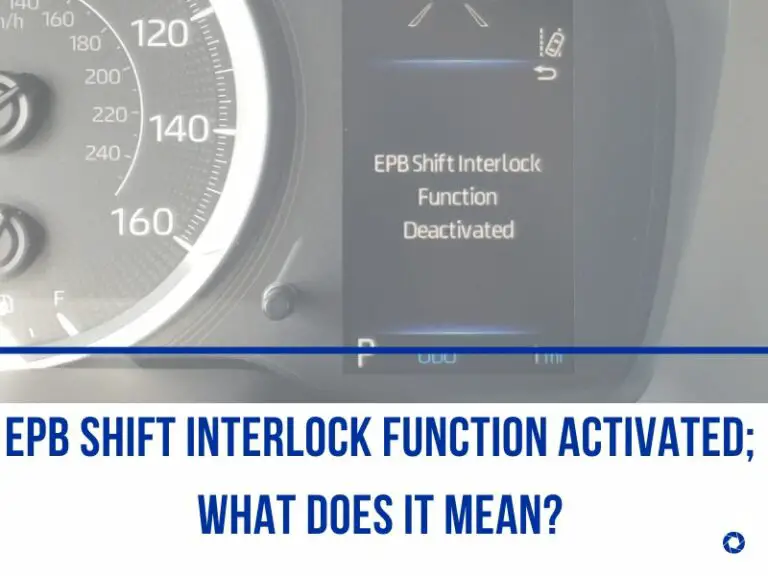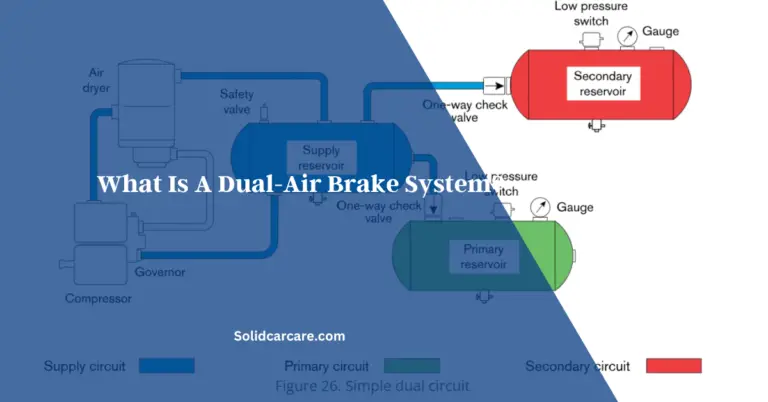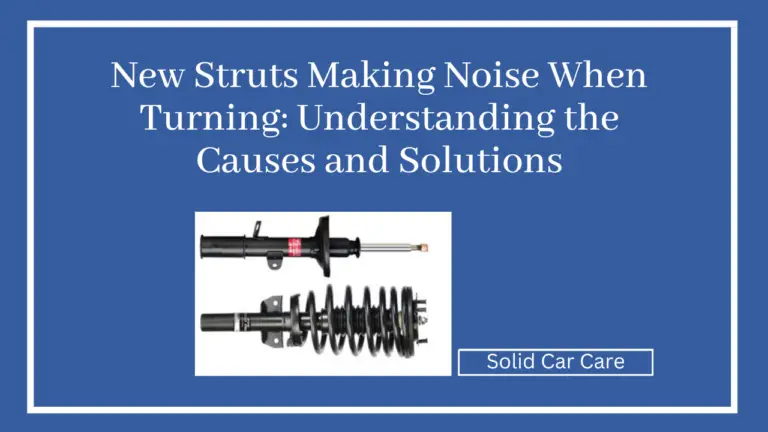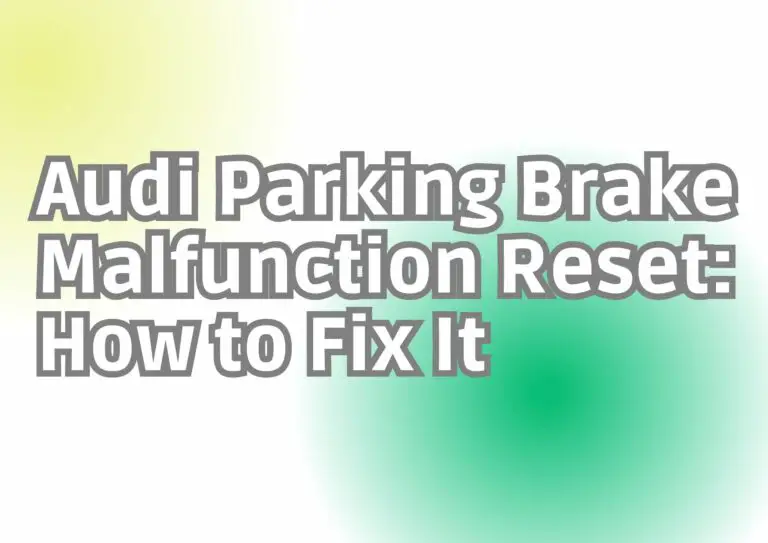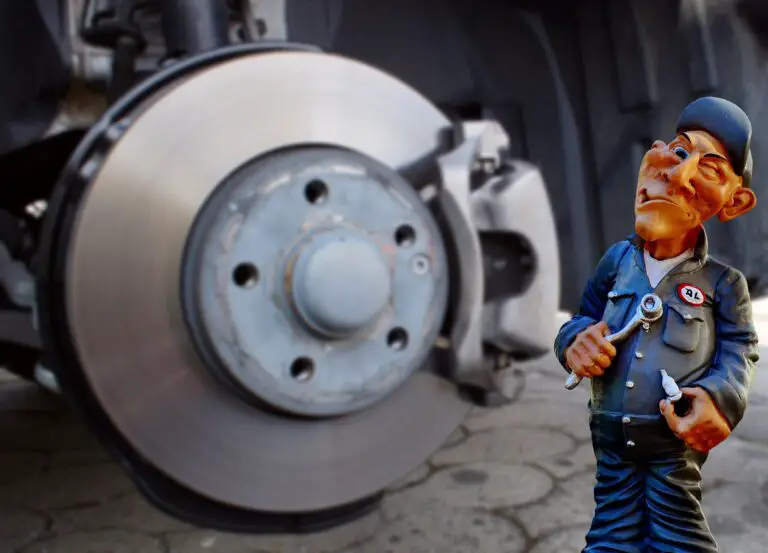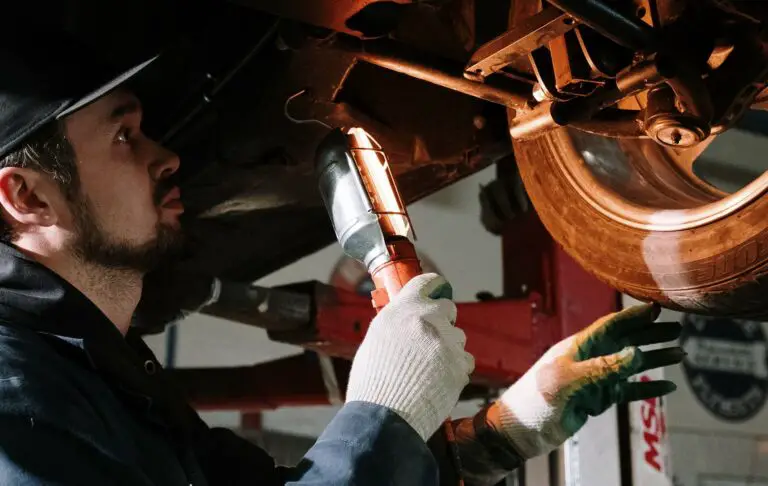New Brakes Making Rubbing Noise; Why?

A scraping noise while driving with new brakes can be concerning and requires attention. Don’t panic though, it’s usually not a major issue, but it’s important to get it checked out soon. Here are some possible reasons for the noise and what you can do:
Table of Contents
Possible causes:
- Brake pad bedding-in: New brake pads often need a short period of use (around 200-500 miles) to properly bed-in with the rotors. During this time, some scraping or squealing is normal. If the noise gradually goes away after a few hundred miles, you likely don’t need to worry.
- Contamination: Sometimes, dirt, debris, or even rust can get on the brake pads or rotors during installation. This can cause scraping noises until it wears off. You can try driving gently and applying the brakes frequently to clean the surfaces.
- Installation error: In rare cases, an error during brake pad or rotor installation could cause scraping. This could include improperly torqued bolts, misaligned components, or damaged parts.
- Worn or damaged components: Although less likely with new brakes, worn or damaged parts like a caliper or a wheel bearing can also cause scraping noises.
What to do:
- Monitor the noise: If the scraping noise is loud, persistent, or doesn’t improve after a few hundred miles, don’t wait.
- Schedule a checkup: Take your car to a qualified mechanic as soon as possible for them to diagnose the cause of the noise. They can inspect the brakes for any issues and recommend repairs if necessary.
- Avoid heavy braking: Until the source of the noise is determined, it’s best to avoid hard braking to prevent further damage.
Additional tips:
- Keep in mind that scraping noises from new brakes are more common after driving through water or mud.
- If you recently had your rotors resurfaced, they might need additional bedding-in time.
- Always prioritize safety. If the noise is accompanied by reduced braking performance or any other concerns, stop driving immediately and have your car towed to a mechanic.
Remember, it’s better to be safe than sorry, so don’t hesitate to get your car checked out if you’re concerned about the scraping noise. I hope this information helps!

